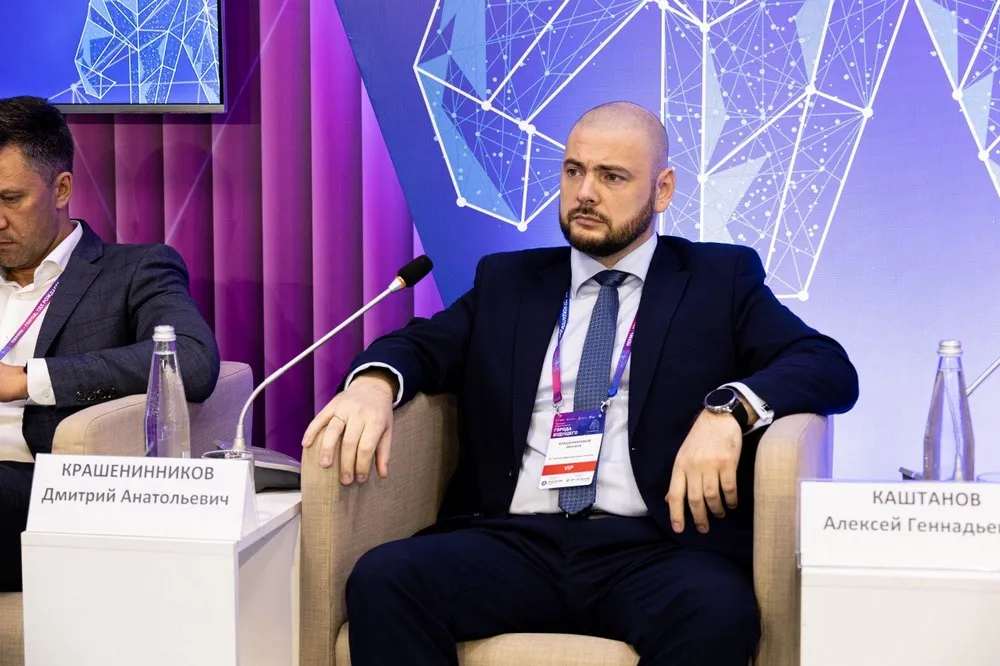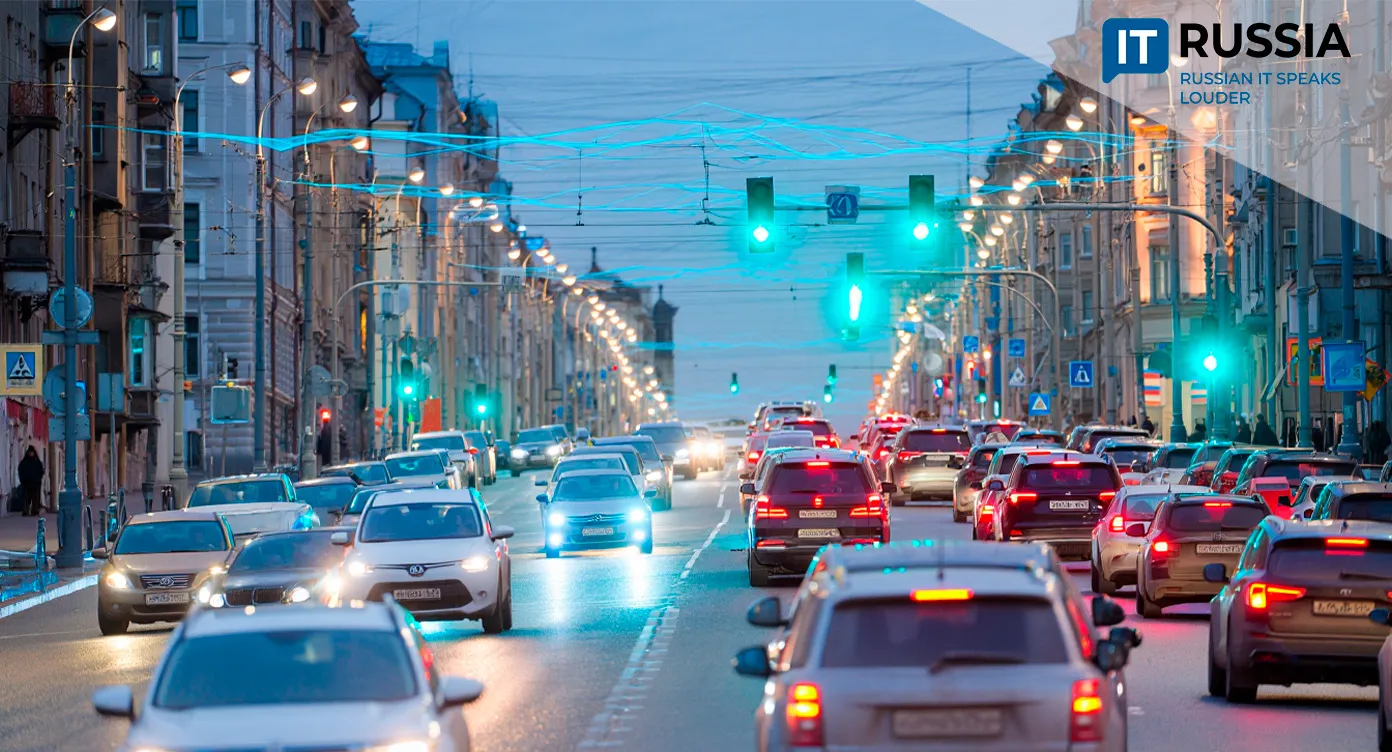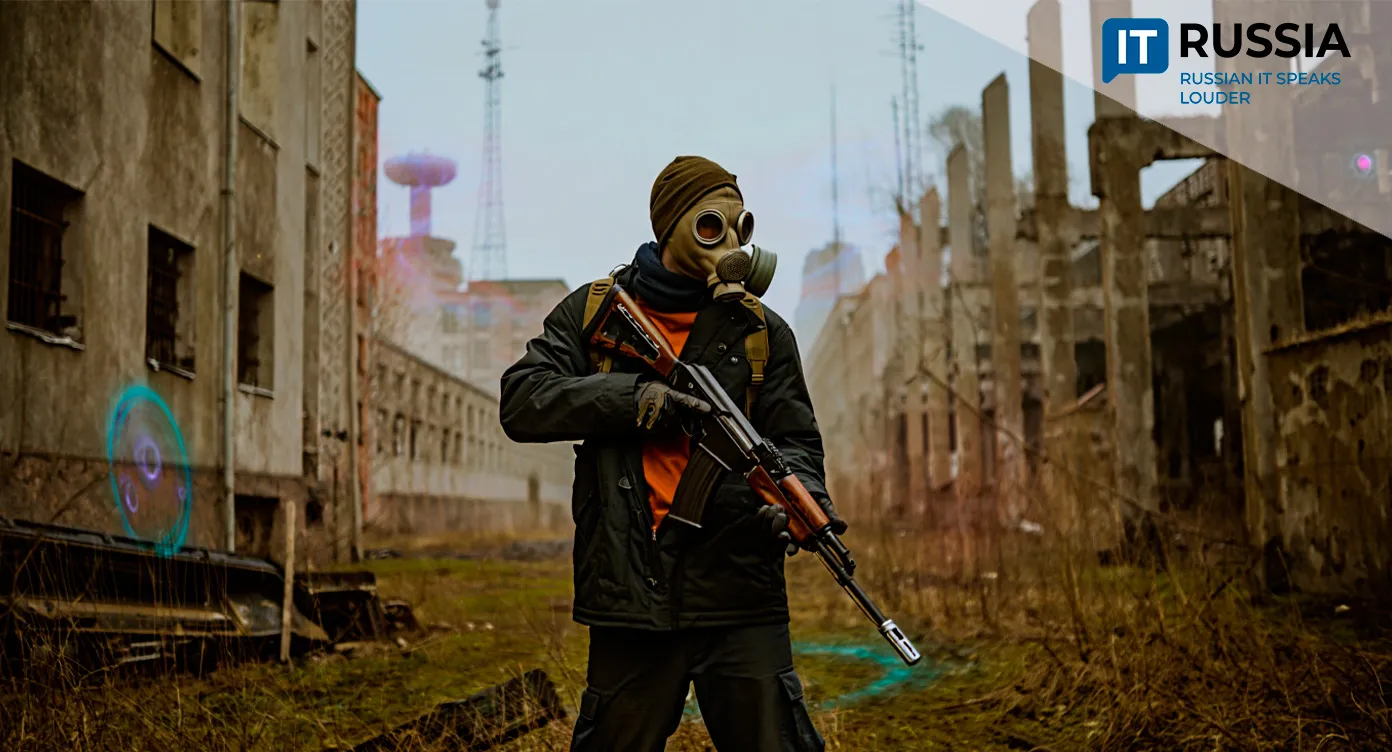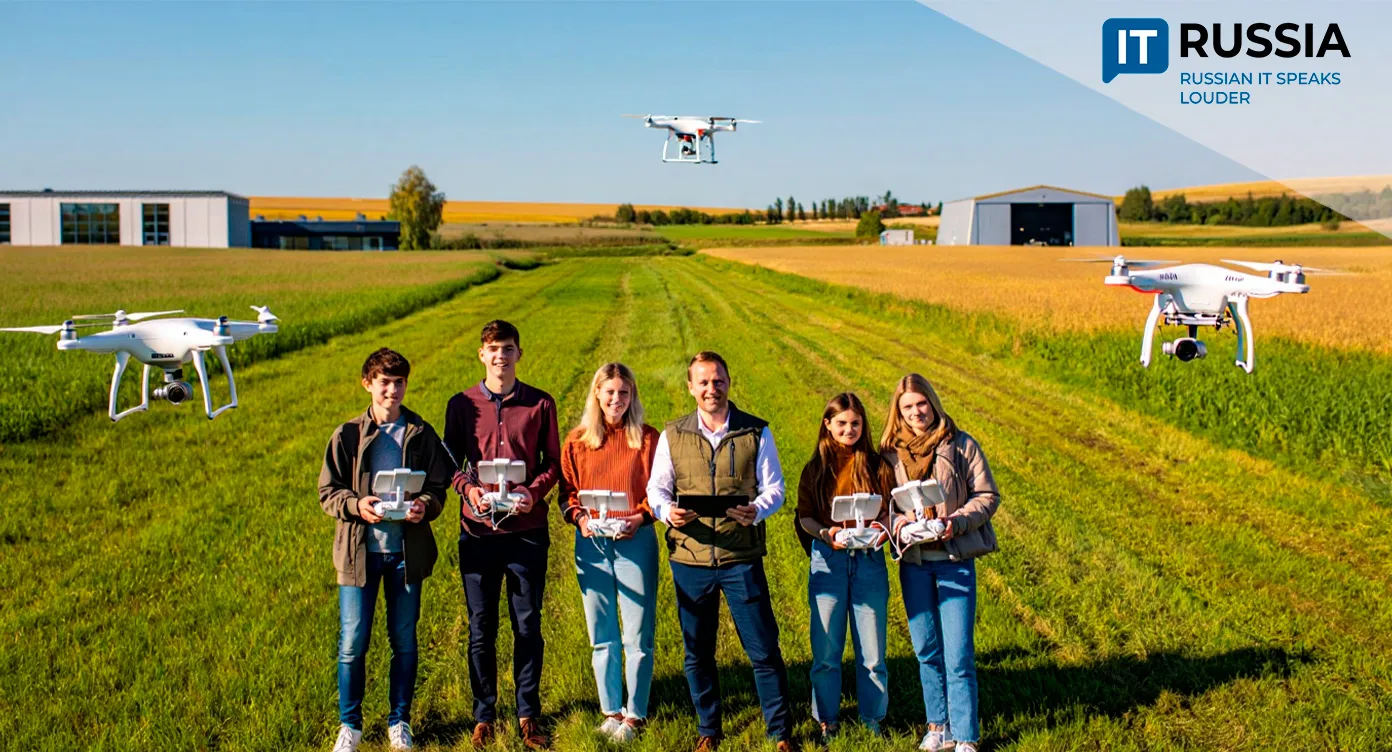Digitalizing Every Home: Rosatom Makes Russia’s Housing and Utilities Sector Smarter and More Efficient
Rosatom has introduced a comprehensive digitalization platform designed to transform Russia’s housing and utilities sector. Already operational in four cities, the project brings advanced automation, data analytics, and AI-driven management to one of the country’s most resource-intensive industries.

Digital Transformation of Russia’s Utilities Sector
Russia’s housing and utilities (HUS) system faces a chronic challenge: fragmented and inconsistent digitalization. Smaller operators with limited budgets rely on isolated software solutions that cannot communicate with one another, resulting in inefficiencies, resource losses, and frequent breakdowns.
Through its subsidiary, Rosatom Infrastructure Solutions (RIS), the state corporation Rosatom has developed a unified platform that connects every stage of utility management — from production to end-user consumption.

How the Platform Works
The Digital Utility Supply platform includes two core modules. The ‘Digital Water Utility’ is a software-hardware complex for monitoring, dispatching, and managing water supply systems. It creates a single control hub to oversee water distribution efficiency.
The ‘Digital Heat Supply’ module operates on similar principles but focuses on heat and hot water networks. It automates energy loss control, equipment performance, maintenance, and safety protocols. Machine learning algorithms detect anomalies such as unusual consumption patterns or possible leaks long before they become emergencies.
Efficiency in Numbers
Deployment of the platform’s modules has already yielded measurable results:
• Labor productivity in utility enterprises has increased by at least 40%.
• Time to identify and eliminate system failures has been reduced by 30%.
• Network losses have decreased by 7–10%.
• Energy efficiency across facilities has improved by up to 10%.
For residents, this means more reliable water and heating supply, fewer outages, and potentially lower tariffs as utility companies reduce operational costs through automation.

Where It’s Already Working
Pilot projects are already underway in several Russian cities. In Belgorod, a ‘Digital Water Utility’ manages water distribution networks. In Voronezh and Obninsk, digital heat supply systems are in operation, while Glazov in Udmurtia is also implementing the platform.
The first Competence Center for Digital Transformation of Utilities, based in Moscow, helps local utilities adopt the solutions, trains staff, and conducts operational audits. The initiative aligns with the national strategy for developing critical infrastructure.
Modernizing the utilities sector strengthens Russia’s technological sovereignty by leveraging domestic IoT, cloud, and big data solutions. The projects are supported by the Ministry of Construction and key research institutions.

Future Outlook
In the next two years, Rosatom expects to expand the program to more regions and municipalities. In the medium term, the platform may become part of smart city ecosystems nationwide, integrating power, water, heat, and IoT networks into one digital environment.
Looking further ahead, the system could evolve into a comprehensive utility ecosystem and even an export-ready product for countries modernizing their infrastructure. Rosatom’s initiative demonstrates a systemic approach to digital transformation that is already showing tangible results.
With regional support, investment in infrastructure, and a skilled workforce, Russia’s utilities sector is poised for a major transformation within the next five years.










































